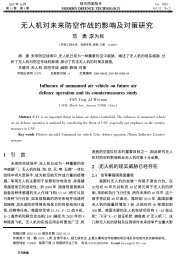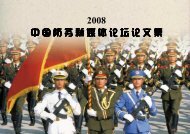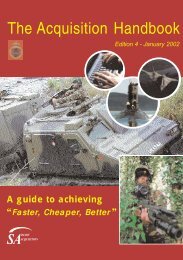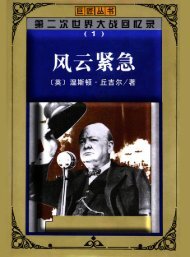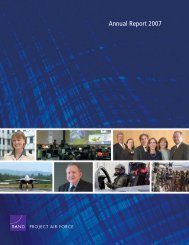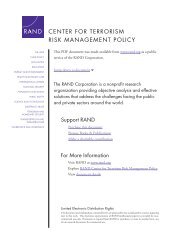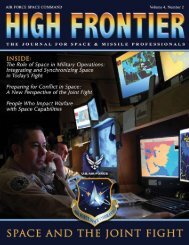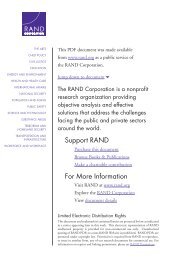How Terrorist Groups End - RAND Corporation
How Terrorist Groups End - RAND Corporation
How Terrorist Groups End - RAND Corporation
Create successful ePaper yourself
Turn your PDF publications into a flip-book with our unique Google optimized e-Paper software.
120 <strong>How</strong> <strong>Terrorist</strong> <strong>Groups</strong> <strong>End</strong>: Lessons for Countering al Qa’ida<br />
sites. This was the first-ever published video showing the beheading of<br />
an Afghan hostage. 49<br />
Al Qa’ida also played a role in connecting Afghan and Pakistani<br />
insurgent groups to the broader jihadi network, including in Iraq. With<br />
al Qa’ida’s assistance, Islamic militants in Iraq provided information,<br />
through the Internet and face-to-face visits, on tactics to the Taliban<br />
and other insurgent groups. This included suicide tactics and various<br />
kinds of remote-controlled devices and timers. In addition, a small<br />
number of Pakistani and Afghan militants received military training<br />
in Iraq; Iraqi fighters met with Afghan and Pakistani extremists in<br />
Pakistan; and militants in Afghanistan increasingly used homemade<br />
bombs, suicide attacks, and other tactics honed in Iraq.<br />
Conclusion<br />
Despite initial success in capturing some al Qa’ida leaders, the United<br />
States failed to significantly weaken the organization. There was an<br />
increase in the number of attacks that involved al Qa’ida either directly<br />
or indirectly, an expansion of al Qa’ida’s geographic reach, and an evolution<br />
of its organizational structure. Part of the reason was an overreliance<br />
on military force and the perception that there was a battlefield<br />
solution to a “war” on terror. But military force has rarely been effective<br />
against terrorist groups in the past. We now turn to what we believe is<br />
a more promising strategy.<br />
49 In what appeared to be a forced confession, Saeed Allah Khan stated, “I worked as a spy<br />
for the Americans along with four other people. The group received $45,000 and my share<br />
is $7,000” (Hekmat Karzai, Afghanistan and the Globalisation of <strong>Terrorist</strong> Tactics, Singapore:<br />
Institute of Defence and Strategic Studies, January 2006, p. 2).




